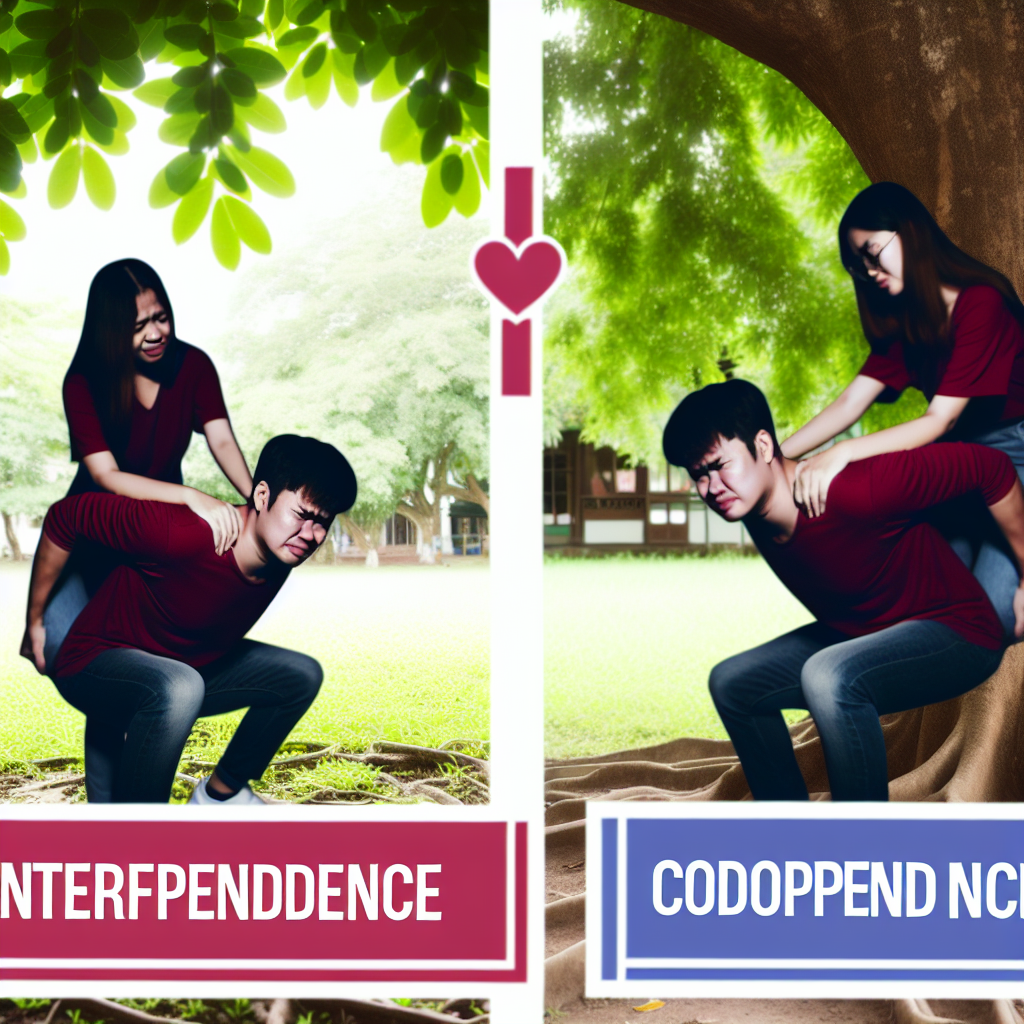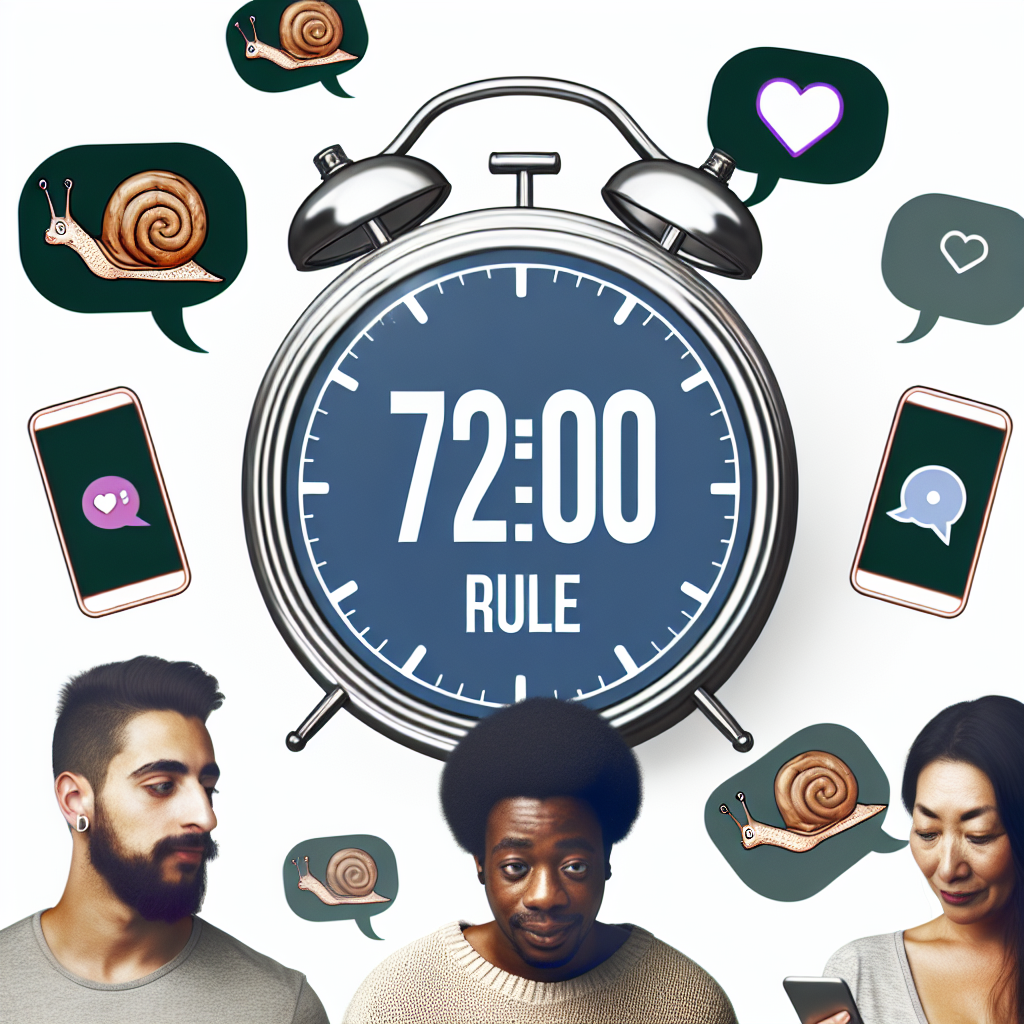# Compatibility Beyond Myers-Briggs: Advanced Personality Frameworks for Relationship Success
Why the Big Five Personality Traits Model May Be the Best Predictor of Relationship Success
One of the most evidence-backed personality frameworks available today is the Big Five Personality Traits, also known as OCEAN: Openness, Conscientiousness, Extraversion, Agreeableness, and Neuroticism.
Unlike MBTI, the Big Five model is derived from decades of psychological research and is widely accepted within scientific communities, including personality psychology and relationship counseling. Numerous studies support the Big Five’s predictive power in long-term relationship outcomes.
A comprehensive study published in the Journal of Research in Personality found that higher levels of agreeableness and emotional stability (i.e., low neuroticism) in both partners significantly predicted higher relationship satisfaction over time. ([Read the study](https://www.sciencedirect.com/science/article/abs/pii/S0092656618300479))
This suggests that aligning on these traits—or at least understanding each other’s levels—provides couples with a more thoughtful and adaptive approach to managing conflict and emotional needs.
Attachment Theory: Understanding the Relationship Patterns That Shape Your Love Life
Another transformative framework worth incorporating into dating and relationships is attachment theory. Pioneered by psychologist John Bowlby and expanded by Mary Ainsworth, this model examines how early bonding patterns with caregivers inform adult romantic relationships.
The four main attachment styles include:
– Secure
– Anxious
– Avoidant
– Fearful-avoidant
Anxiously-attached individuals may crave closeness but fear abandonment, while avoidantly-attached persons often struggle with vulnerability. Compatibility depends not only on matching attachment styles but also on developing awareness and healing from insecure patterns.
A 2013 meta-analysis in Psychological Bulletin found that individuals with secure attachment styles consistently reported higher relationship satisfaction and stability. ([Access the research](https://doi.apa.org/doiLanding?doi=10.1037%2Fa0032252))
Importantly, tools like the Adult Attachment Interview (AAI) or online assessments can help identify and navigate your attachment style to empower better relationship choices.
The Enneagram: Unlocking Relationship Insights Through Core Motivations
The Enneagram is a personality model based on nine interconnected types, each embodying a core fear, desire, and set of behavioral traits. The nine Enneagram types include:
1. The Reformer
2. The Helper
3. The Achiever
4. The Individualist
5. The Investigator
6. The Loyalist
7. The Enthusiast
8. The Challenger
9. The Peacemaker
While it lacks the same empirical rigor as Big Five or attachment theory, many people find the Enneagram to be an intuitive and emotionally resonant tool for self-awareness and interpersonal empathy.
A 2020 study published in Personality and Individual Differences revealed that people who understood their Enneagram type experienced improved life and relationship satisfaction ([View the study](https://www.sciencedirect.com/science/article/abs/pii/S0191886920303156)).
By identifying not only your own type but also your partner’s Enneagram profile, you can decode patterns of behavior, communication preferences, and recurring conflict triggers. This awareness can radically transform emotional connection and reduce misunderstanding in romantic partnerships.
Why Going Beyond MBTI Can Transform Your Love Life
Together, these advanced personality frameworks provide a holistic and flexible approach to understanding romantic compatibility. They give singles tools not only to assess ideal partnerships but also offer insights into areas ripe for growth, healing, and adaptability.
Whether you’re embarking on your first serious relationship or navigating love later in life, these models shift compatibility from being about checkboxes to being about consciousness—emotional, psychological, and relational.
By embracing personality science that reflects the complexities of human connection, you gain the power to build long-lasting, fulfilling partnerships.
Final Thoughts: Your Compatibility Toolkit for Relationship Success
While the MBTI has served as a gateway to self-discovery, it’s time to expand your compatibility toolkit. The Big Five, attachment theory, and the Enneagram offer richer psychological and emotional insights, helping you and your partner foster a relationship rooted in mutual understanding and personal growth.
Whether you’re 18 or 80, the most rewarding relationships start with self-awareness—and continue with choosing a partner who aligns with both your heart and your evolving human psychology.
**Concise Summary**
This article explores advanced personality frameworks beyond the Myers-Briggs Type Indicator (MBTI) that can provide deeper insights into romantic compatibility and relationship success. It delves into the Big Five Personality Traits, attachment theory, and the Enneagram, highlighting how these models offer a more holistic and flexible approach to understanding interpersonal dynamics, emotional needs, and communication patterns essential for sustaining long-term partnerships.
**References**
– Soto, C.J. & John, O.P. (2017). The Next Big Five Inventory (BFI-2): Developing and assessing a hierarchical model. *Journal of Personality and Social Psychology*. [Read more](https://psycnet.apa.org/doi/10.1037/pspp0000096)
– Holland, A.S. & Roisman, G.I. (2010). Adult attachment security and young adults’ dating relationships. *Developmental Psychology*. [Read more](https://psycnet.apa.org/doi/10.1037/a0019049)
– Hudson, N.W. & Fraley, R.C. (2014). Partner perceptions and meta-accuracy in romantic relationships. *Journal of Personality and Social Psychology*. [Read more](https://doi.apa.org/doiLanding?doi=10.1037%2Fa0032252)
– Sleeper, M. & Weber, M. (2020). Exploring the psychological value of the Enneagram typology. *Personality and Individual Differences*. [Read more](https://www.sciencedirect.com/science/article/abs/pii/S0191886920303156)
– Big Five and Relationship Satisfaction: [Access study](https://www.sciencedirect.com/science/article/abs/pii/S0092656618300479)

Dominic E. is a passionate filmmaker navigating the exciting intersection of art and science. By day, he delves into the complexities of the human body as a full-time medical writer, meticulously translating intricate medical concepts into accessible and engaging narratives. By night, he explores the boundless realm of cinematic storytelling, crafting narratives that evoke emotion and challenge perspectives. Film Student and Full-time Medical Writer for ContentVendor.com




